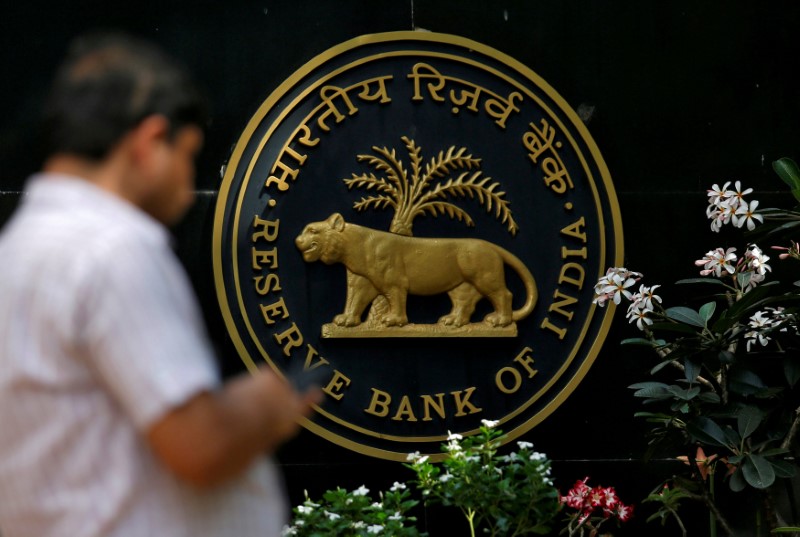Investing.com - The Reserve Bank of India kept interest rates on hold as expected on Friday, stating that tight policy had helped bring down inflation over the past year, but warned that high food prices could still present upside risks to inflation.
In its final meeting for 2023, the RBI kept its policy repo rate at 6.5%, after having signaled a pause in its rate hike cycle earlier this year.
Governor Shaktikanta Das noted that inflation had declined steadily amid tight monetary policy. But he warned that sticky food inflation could still surprise to the upside in the coming months, and said that the bank continued to remain watchful of any potential increases.
“Intermittent vegetable shocks could still push up headline inflation in November,” Das said. “Monetary policy has to remain actively disinflationary to ensure a durable alignment of headline inflation to the target rate of 4%, while supporting growth.”
While Indian inflation eased steadily for most of 2023 amid high interest rates, a delayed monsoon triggered some food shortages, which factored into higher costs for some grains and vegetables.
Consumer price index inflation grew slightly more than expected in October. But the reading was well below a one-year high hit earlier this year.
Still, inflation remained above the RBI’s 4% annual target -- a scenario which is likely to see Indian interest rates remain high in the near-term.
CPI data due next week is expected to show inflation remaining sticky through November. Das also forecast that CPI inflation for fiscal 2024 at 5.4%.
Das said the RBI expects the Indian economy to grow 7% in the current fiscal year to March 31, 2024. The country is the fastest-growing major economy this year- a trend that attracted a slew of foreign investors into Indian stocks.
India’s Nifty 50 and BSE Sensex 30 indexes hit a series of record highs this week, as ruling party BJP clinched three key state election victories, setting it up for a strong showing in the 2024 general elections.
Any changes to the RBI's policies will also be in focus going into 2024, with election years usually inviting lower interest rates.
